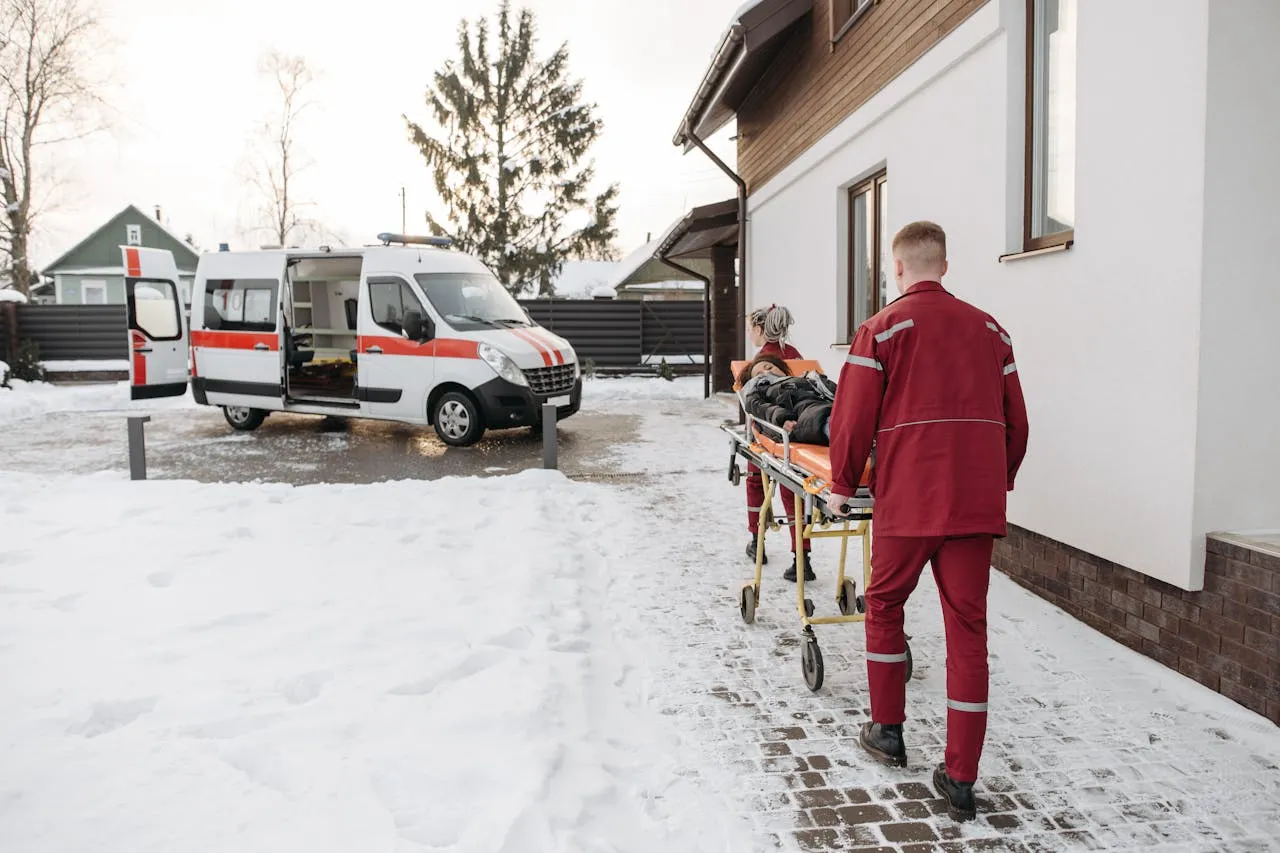
In October 2024, the World Health Organization (WHO), alongside its partners and Member States, activated the Global Health Emergency Corps (GHEC) for the first time to support countries grappling with mpox outbreaks.
The GHEC is a coalition of professionals established to enhance global response to health emergencies, providing a collaborative platform for countries and emergency health networks. Its role includes strengthening national health emergency workforces, rapidly deploying experts, and connecting technical leaders. WHO created GHEC in 2023, following the COVID-19 pandemic, to improve coordination among health response networks and better support countries.
“WHO and its partners are assisting the Democratic Republic of the Congo and other nations with a comprehensive approach that includes case detection, contact tracing, targeted vaccination, clinical and home care, infection prevention and control, community engagement, and logistical support,” stated Dr. Mike Ryan, Executive Director of WHO’s Health Emergencies Programme. “The GHEC enhances the capacity of responders at national and regional levels to work together effectively, aiding in interrupting transmission and reducing suffering.”
This activation follows WHO Director-General Dr. Tedros Adhanom Ghebreyesus’s declaration of mpox as a public health emergency of international concern on August 14, 2024. To date, 18 African countries have reported mpox cases, with the spread of clade 1b mpox into two other regions prompting further concern.
Working with the International Association of National Public Health Institutes, the GHEC is currently assessing emergency workforce capabilities in eight countries impacted by mpox, including the Democratic Republic of the Congo and Burundi. This assessment has identified 22 critical areas for improvement, such as epidemiology, surveillance, laboratory capacity, infection control, and community engagement. In the Democratic Republic of the Congo, Health Cluster partners are reinforcing coordination led by the Ministry of Health and the public health emergency operations center.
By October 17, WHO had deployed 56 experts to affected regions. This includes WHO staff and experts from the Global Outbreak Alert and Response Network (GOARN) and the African Volunteers Health Corps (AVoHC-SURGE), which is managed by WHO’s Africa Regional Office and the Africa CDC. The AVoHC-SURGE program taps into a growing pool of professionals with diverse skills for regional deployment.
“Mobilizing professionals within the continent enables responses that are both timely and contextually relevant,” said Dr. Abdou Salam Gueye, Regional Emergency Director for WHO’s Africa Office. “Their dedication and expertise are crucial for saving lives and building resilient health systems that can withstand future threats.”
GOARN is also leading efforts to map support provided by partners, including experts, supplies, funding, and capacity-building for the affected regions.
On October 22, technical leaders from affected and experienced countries convened to share best practices, discuss effective control measures, and coordinate efforts to halt the mpox outbreak as part of the GHEC activation.





